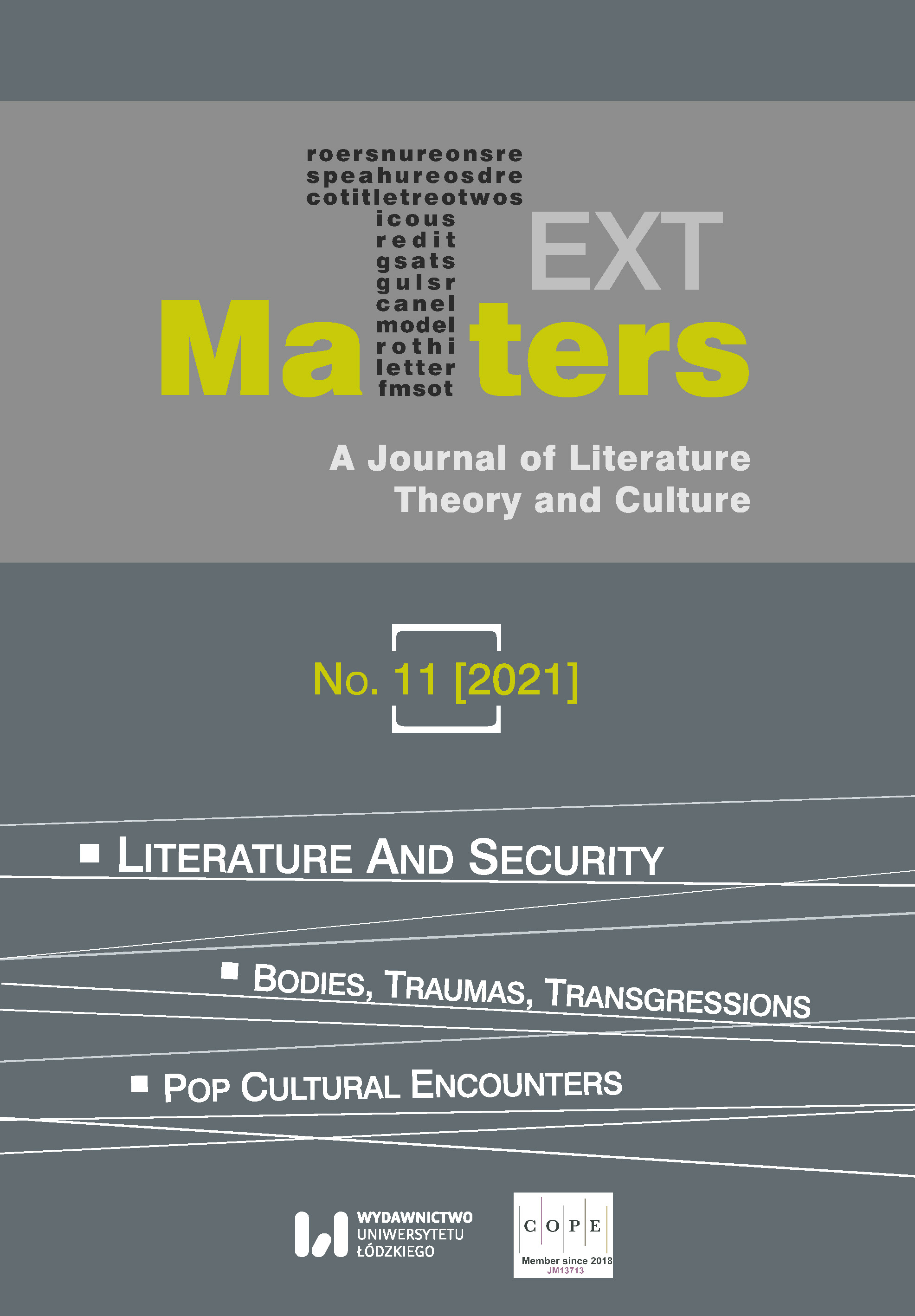Tragic Victims of Mania a Potu (“Madness from Drink”): A Study of Literary Nineteenth-Century Female Drunkards
Tragic Victims of Mania a Potu (“Madness from Drink”): A Study of Literary Nineteenth-Century Female Drunkards
Author(s): Irina RabinovichSubject(s): Studies of Literature
Published by: Wydawnictwo Uniwersytetu Łódzkiego
Keywords: female inebriation; temperance; social antagonism; patriarchy; sensational prose
Summary/Abstract: Temperance literature, though widely popular in America and Britain between 1830–80, lost its allure in the decades that followed. In spite of its didactic and moralistic nature, the public eagerly consumed temperance novels, thus reciprocating contemporaneous writers’ efforts to promote social ideals and mend social ills. The main aim of this paper is to redress the critical neglect that the temperance prose written by women about women has endured by looking at three literary works—two novellas and one confessional novelette—written by mid-nineteenth-century American female writers. These works serve as a prism through which the authors present generally “tabooed” afflictions such as inebriation among high-class women and society’s role in perpetuating such behaviors. The essay examines the conflicting forces underlying such representations and offers an inquiry into the restrictive and hostile social climate in mid-nineteenth-century America and the lack of medical attention given to alcohol addicts as the possible causes that might have prompted women’s dangerous behaviors, including inebriation. This paper also demonstrates the cautious approach that nineteenth-century female writers had to take when dealing with prevalent social ills, such as bigotry, hypocrisy and disdain directed at female drunkards. It shows how these writers, often sneered at or belittled by critics and editors, had to maneuver very carefully between the contending forces of openly critiquing social mores, on the one hand, and not being censored, on the other.
Journal: Text Matters: A Journal of Literature, Theory and Culture
- Issue Year: 2021
- Issue No: 11
- Page Range: 299-318
- Page Count: 20
- Language: English

